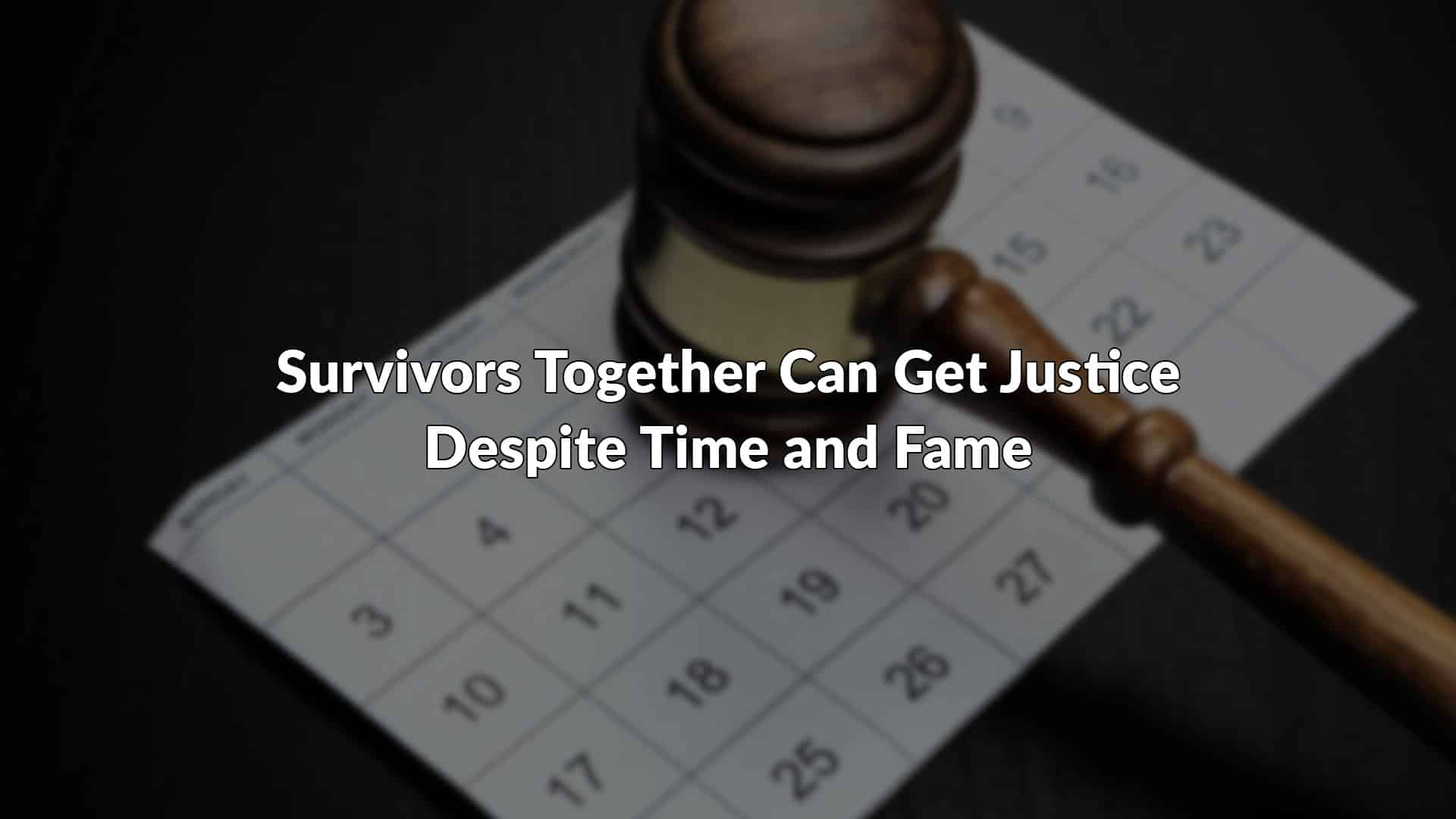Amara Legal Center’s Executive Director, Stacie Reimer and Staff Attorney, Elizabeth Landau testified at this hearing alongside Andrea Powell, the founder and Executive Director of Fair Girls and Barbara Amaya, an anti-trafficking advocate and survivor.

Victims of human trafficking are often forced to commit crimes under duress that may result in arrest and prosecution. Though a vast majority of the crimes committed are low-level misdemeanors, victims are also forced to commit more serious crimes, which range from drug and firearm offenses to the crime of human trafficking itself. Stacie Reimer stressed that many victims, do not admit to being coerced into committing a crime during their trial because they fear retribution from their traffickers. According to Reimer, because of this fear during the trial stage using duress as a defense is not practically available to victims and thus the vacatur statute is necessary.
Criminal records prevent victims from being rehabilitated. Reimer added that having a criminal record prevents the victims from securing employment, housing or education, all essential in rebuilding their lives. Additionally, if criminal records are vacated, then victims will be able to secure employment, which in turn reduces their vulnerabilities and possibility of being trafficked again.

Vacating convictions is a very important part in the victim’s recovery. According to Andrea Powell, victims often experience PTSD, suicidal thoughts and depression while in recovery. Having the added burden of criminal convictions resurface while facing trauma makes it very difficult for victims to fully recover.

In Barbara Amaya’s powerful testimony, she described the difficulties she faced while reintegrating into society after being trafficked for over a decade. Amaya explained that even if the criminal records didn’t resurface, the stigma attached to having a criminal record increases the burden and the psychological stress that victims already carry. Since her arrest records were in New York, she was able to have them vacated. She said that it was “an indescribable feeling” having her records vacated and she finally felt free from the events of her past.
You can watch the testimonies online.
Avantika Shenoy is a senior at American University and a Case Manager Intern at the Amara Legal Center. Avantika hopes to pursue a career in public interest law.



